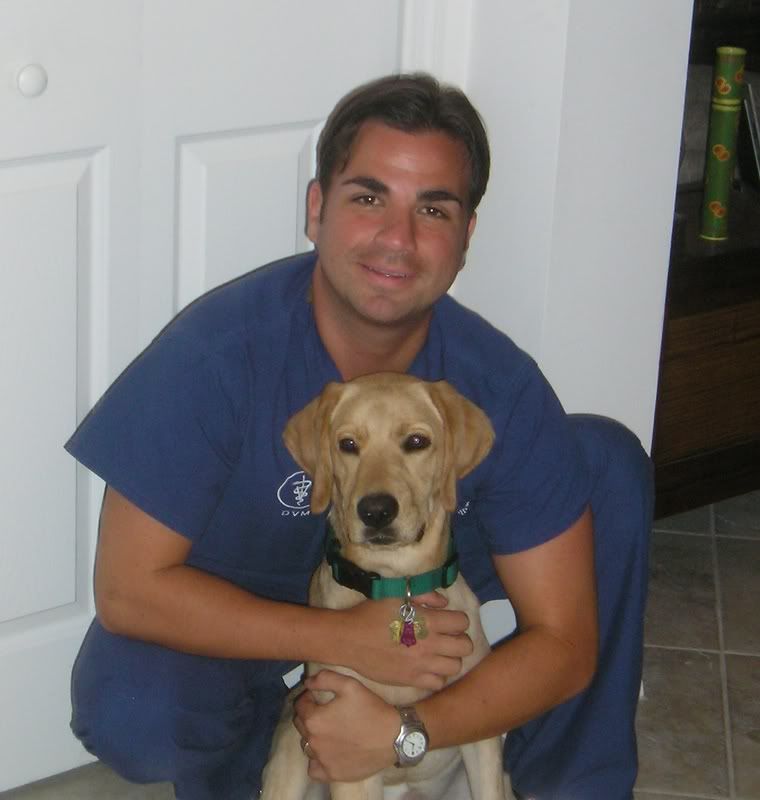A recent web poll conducted by this blog's parent site, Web-DVM.net, indicated that 68% of dog and/or cat owners participated in regular preventive health care for their pets, while 32% did not. The poll defined regular preventive health care as updating vaccines, heartworm screening (dogs), examination, and stool analysis, performed at least once yearly.
The implications of this alarmingly high number of household pets that are not kept on some preventive health care regimen, are many. For dogs, this means that a significant percentage are not protected from serious canine diseases, such as distemper, parvo, and heartworm disease. For cats, this means that many are not protected from serious feline disease, such as panleukopenia and feline leukemia.
For both species, forgoing updated rabies vaccine, not only risks a deadly nervous system disease for animals, but also for people, as rabies is contagious to people and other mammalian species. This human health risk potential makes failing to keep a pet with an current rabies vaccine is a violation of the law in most municipalities.
Also for both species, not performing regular stool analysis leaves the animal at risk for parasites, a situation that will exert ill effects on the pet, but also can pose a significant risk to small children in contact with the pet. While children are not the definitive hosts of these parasites, following infection, their naive immune systems can allow the progression of the life cycle of some parasites to reach a larval stage that migrates through the skin and eyes, leading to potential skin rashes and blindness, respectively.
Many people I come across that come to see me only when their pets are sick or injured, but not ever for preventive health care, justify their position by stating that they don't ever go to the doctor and they're fine. What I try to explain to people of this ilk is that people are better equipped go extended periods of time without check-ups and health screening for two important reasons. First, most of us do not engage in exceptionally risky behavior as pets do, such as sniffing or rolling in decaying organic matter, drinking out of puddles or other stagnant water, fighting with or eating wildlife, etc. Second, one year of a dog's or cat's life is a much larger percentage of an animals life when compared to a human, leaving proportionally alot more that can adversely effect health in this time period.
Denying pets the benefits of even basic preventive health care leaves them susceptible to illness, often leads to chronic poor health and diminished quality of life, and can even place families and communities in danger. For this reason, people who cannnot afford preventive health care for their pets should seriously reconsider pet ownership until they are in a better financial position to provide pets with at least minimal preventive health care. For those who simply do not care to engage in preventive health care for their pets, display apathy, irresponsibility, or both, either of which alone make them bad candidates for pet ownership in the first place.
Roger Welton, DVM
Founder, Web-DVM
Subscribe to:
Post Comments (Atom)



1 comment:
If your pet never leaves your home, the necessity for many injections and tests seems excessive. Also, with hundreds of pets being abandoned because of the state of the economy, a shot verses staying alive and keeping your pet makes choices more certain. Your survey didn't take in account or ask why people chose certain answers.
Post a Comment